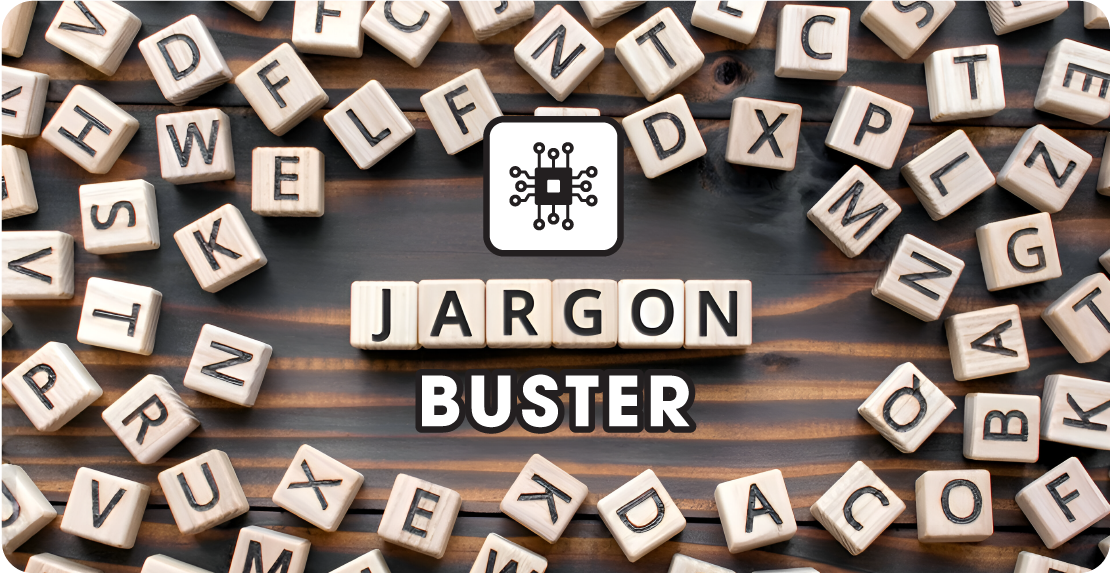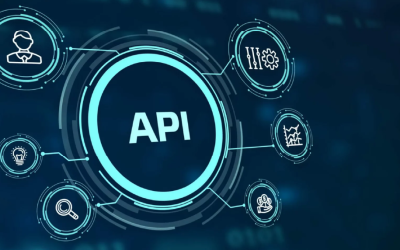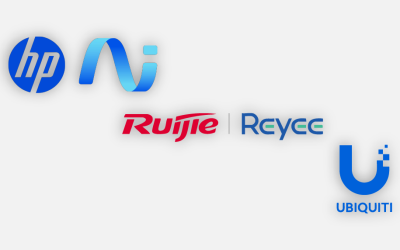Jargon Buster: Demystifying IT Terminology
Technological Innovation Edition

Jargon Buster
The jargon buster aims to give simple, plain English explanations of typical words and/or phrases used in security and cybersecurity, making it easier to stay informed.
Agile Methodology:
An approach to software development that emphasises flexibility, and collaboration. It involves breaking projects into smaller parts (sprints) for quicker development and adaptation to changes.
Disruptive Technology:
An innovation that significantly alters or disrupts existing markets, technologies, or industries. It often replaces older technologies or creates entirely new markets.
Digital Transformation:
The integration of digital technology into all aspects of a business, fundamentally changing how it operates and delivers value to customers. It involves adopting new technologies to improve processes and customer experiences. This often involves replacing paper-based forms and processes.
Cloud Computing:
The delivery of computing services (such as servers, storage, databases, networking, software, and more) over the internet (‘the cloud’). It offers flexibility, scalability and cost-effectiveness compared to traditional on-premises infrastructure.
Internet of Things (IoT):
The network of physical devices embedded with sensors, software, and connectivity that enables them to collect and exchange data. IoT devices can range from everyday objects to industrial tools, all connected to the internet.
Artificial Intelligence (AI):
The simulation of human intelligence processes by machines, typically through tasks like learning, problem-solving, speech recognition, and decision-making. Machine Learning (ML) and neural networks are subsets of AI.
DevOps:
A culture and set of practices that combine software development (Dev) and IT operations (Ops). It aims to shorten the development life cycle and provide continuous delivery with high software quality.
Big Data:
Large volumes of structured and unstructured data that are difficult to process using traditional database and software techniques. It involves extracting valuable insights from these vast datasets.
Cyber Threat Intelligence (CTI):
Information about potential cybersecurity threats, including tactics employed by malicious actors.
Cybersecurity:
The practice of protecting systems, networks, and data from digital attacks. It includes various measures, tools, and technologies to prevent unauthorized access, data breaches, and cyber threats.
Want to learn more about our services?
Other Articles & Blogs
Scaling Smarter: The IT Foundations Behind Real Business Growth
Scaling Smarter: The IT Foundations Behind Real Business GrowthEvery business talks about growth, whether it’s boosting revenue, expanding teams, or improving efficiency. But behind the scenes, sustainable growth doesn’t happen without the right IT strategy to support...
How to Trust Your Software Developer with Your Cybersecurity
APIs & Ecosystems: How Smart Digital Connections Accelerate Business GrowthThe most successful businesses aren’t always the ones building the most software, they’re the ones that master connecting their software. In today’s digital economy, growth comes not just...
Power Growth with the Latest Tech – Built for Business
Power Growth with the Latest Tech – Built for BusinessThe future of your business doesn’t wait and neither should your tech. At Unity Tech Shop, we help you stay ahead with the latest innovations from the world’s most trusted brands. Whether you're scaling up,...



